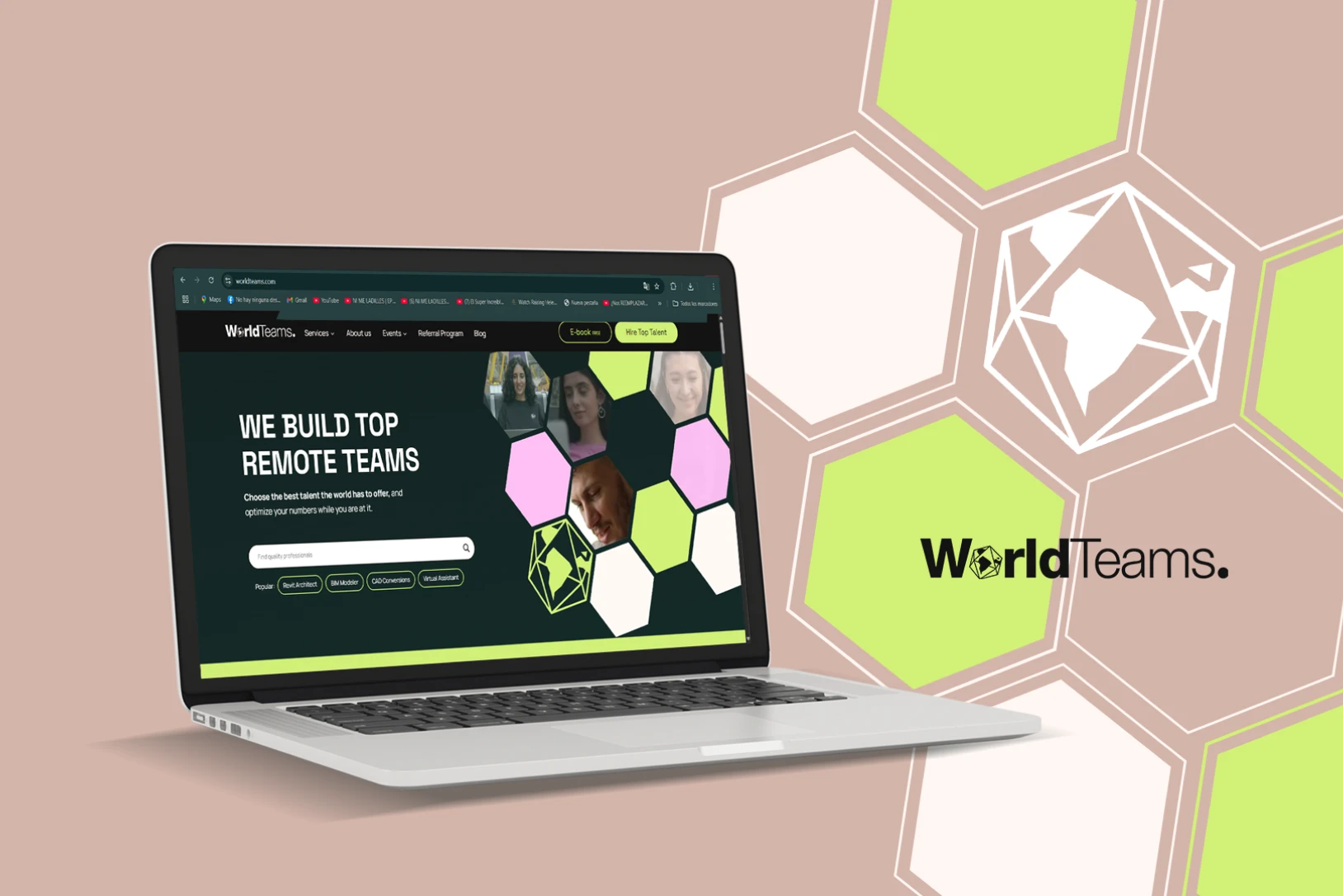HR Department Best Practices for Small Businesses

When it comes to keeping a business running smoothly, the HR department plays a central role that is often underestimated. From talent acquisition and employee management to conflict resolution and legal compliance, the HR team serves as the backbone of organizational health. But what is HR department exactly, and what does the HR department do in modern organizations?
In this blogpost, we’ll unpack the core functions of the HR department, explore its importance across industries, and highlight why effective human resource management is essential—especially when outsourcing talent in fields like architecture and engineering.
What Is HR Department?
The HR department, or Human Resources department, is responsible for managing the employee lifecycle within a company. This includes everything from hiring and onboarding to performance management, employee engagement, compensation, benefits, and terminations.
What is HR department do? While the grammar might sound off, it’s a common search query—and the answer is: a lot more than most people think. The HR team doesn’t just handle paperwork and payroll; they help shape company culture, enforce compliance, and act as strategic advisors to leadership.
What Does the HR Department Do?
A fully functioning HR department typically covers several core areas:
1. Recruitment and Hiring
The HR team identifies staffing needs, writes job descriptions, posts vacancies, screens applicants, and manages interviews. They also ensure that hiring practices are inclusive and compliant with labor laws.
2. Onboarding and Training
Once a new employee is hired, HR ensures they’re integrated smoothly through training programs, orientation, and access to tools and systems.
3. Performance Management
HR manages performance review cycles, develops growth plans, and often mediates between managers and team members when challenges arise.
4. Benefits and Compensation
HR handles salary structures, benefits enrollment, retirement plans, and bonuses—ensuring employees are fairly compensated.
5. Legal Compliance and Conflict Resolution
The HR department ensures the company follows labor laws and workplace regulations. They also handle disputes, internal complaints, and investigations.
6. Employee Engagement and Culture
From organizing company events to implementing wellness programs, HR is often behind initiatives that boost morale and productivity.

The Evolving Role of HR in Architecture and Engineering Firms
In technical and project-based industries like architecture and engineering, the HR department faces unique challenges. Sourcing high-level technical talent with specific skill sets, retaining top-tier professionals, and scaling teams quickly for project-based needs requires a specialized approach.
This is where strategic HR practices—particularly through outsourcing—can become game-changers.
How Outsourcing Transforms the HR Department’s Role
With companies facing tighter budgets, shorter deadlines, and global competition, outsourcing architectural services and engineering talent has become a smart business strategy. But this also changes how the HR department operates.
Benefits of Outsourcing Talent:
while hiring the best talent in 2026

HR Department as Strategic Partner in Outsourcing
The HR department in today’s landscape is more than a support role—it’s a strategic partner. In companies utilizing outsourcing architect services or architectural design services, HR plays a key role in:
When an HR department adapts to include outsourced personnel as part of the extended team, the result is often increased agility, innovation, and operational success.
Future of HR: Flexibility and Globalization
As remote work becomes standard and specialized talent becomes more globalized, the HR department of the future must embrace flexibility. They must be equipped to manage both traditional and outsourced employees, navigate cultural nuances, and adopt tools for remote collaboration and virtual onboarding.
For architecture and engineering firms, this means HR will increasingly be tasked with managing architecture outsourcing services and ensuring cohesion between remote design teams and in-house stakeholders.

Conclusion: Empowering HR Through Talent Solutions from WorldTeams
At WorldTeams, we specialize in bridging the talent gap for architecture and engineering firms by providing tailored outsourcing solutions. Whether you’re looking for design development experts, schematic designers, or remote drafters, our global talent pool delivers top-tier professionals ready to integrate with your team seamlessly.
Let your HR department focus on strategy and growth—while we handle the sourcing, vetting, and coordination of specialized talent. Our expertise in outsourcing architectural services helps firms expand capabilities without expanding overhead.
Ready to strengthen your HR strategy with world-class talent solutions? Partner with WorldTeams today and build a smarter, more agile future.









